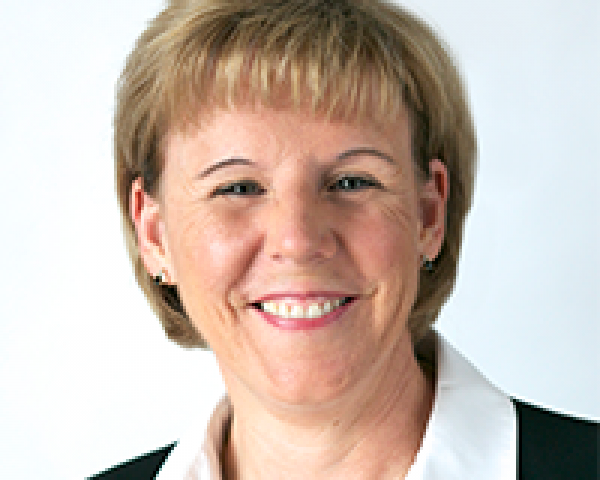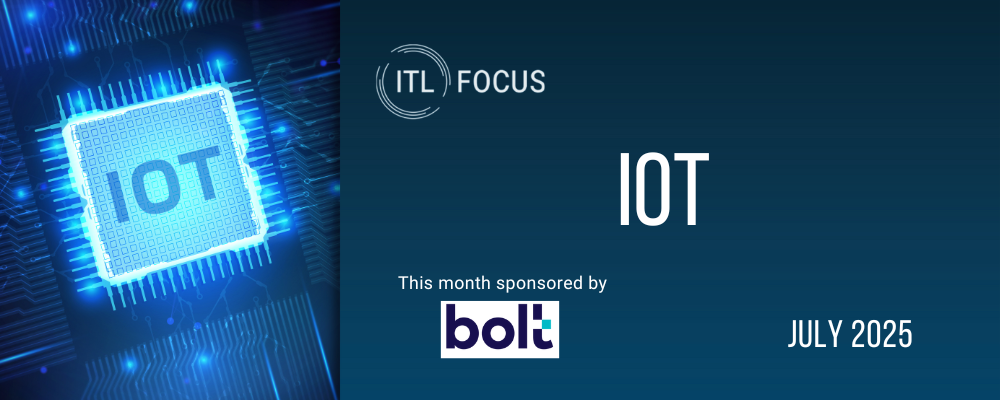My experience shows that the insurance industry can be doing so much more. At a minimum, there is a great opportunity to educate the policyholder.
During this past year, I built a home in the White Mountains of New Hampshire and determined early on that it would be a “smart home.” Now, I speak about insurtech trends often, so you would think building a smart home would not be difficult. You would be wrong.
To truly test the possibilities, I took on the task of configuring and connecting my home myself. And I wanted as much remote detection and control as you could possibly get in a home, such as:
- Temperature control
- Moisture/humidity detection
- Motion detection
- Smoke and carbon monoxide detection
- Lighting controls
- Door locking controls
- Remote answering doorbell
I was already familiar with a number of great technologies in the market, but I found interoperability to be low. Some work with hub-type connections, where multiple devices are all controlled through a single source; others are elegant at the service they perform but are closed technologies that could not interoperate with other technologies, leaving me to manage the home using multiple apps.
Add the fact that each technology is changing rapidly. No matter which path you take, you will have to stay on top of the changes. That is the challenging world of IoT. It's a work in progress.
See also: Home Is Where the (Smart) Hub Is
My experience shows that the insurance industry can be doing so much more. At a minimum, there is a great opportunity to educate the policyholder.
Very few insurer websites deal with connected homes. Policyholders are hearing and seeing more about these devices – and it is all about the technology. Many people are really pursuing the capabilities that a connected home device can provide. They are installing remote locks to make it easier to get into the home while balancing two kids and groceries. They are coming home from work and want the lights on before they arrive.
To be sure, this desire-to-be-connected revolution is more focused on the convenience aspects and what it can do for the policyholder than all of the safety aspects combined. But therein lies the benefit for insurers!
The greater the adoption of these platforms and technologies, the greater the opportunity to truly prevent and mitigate risks in each connected home.






